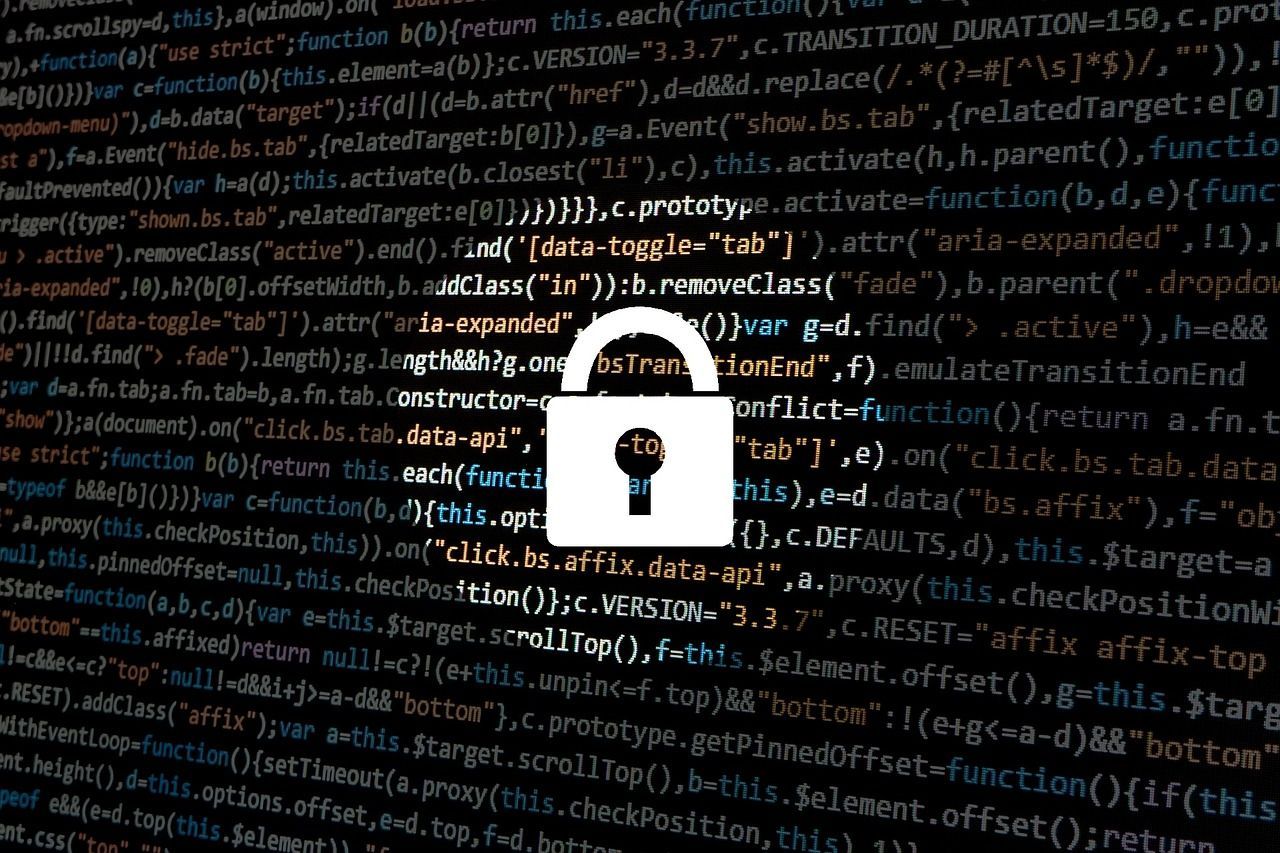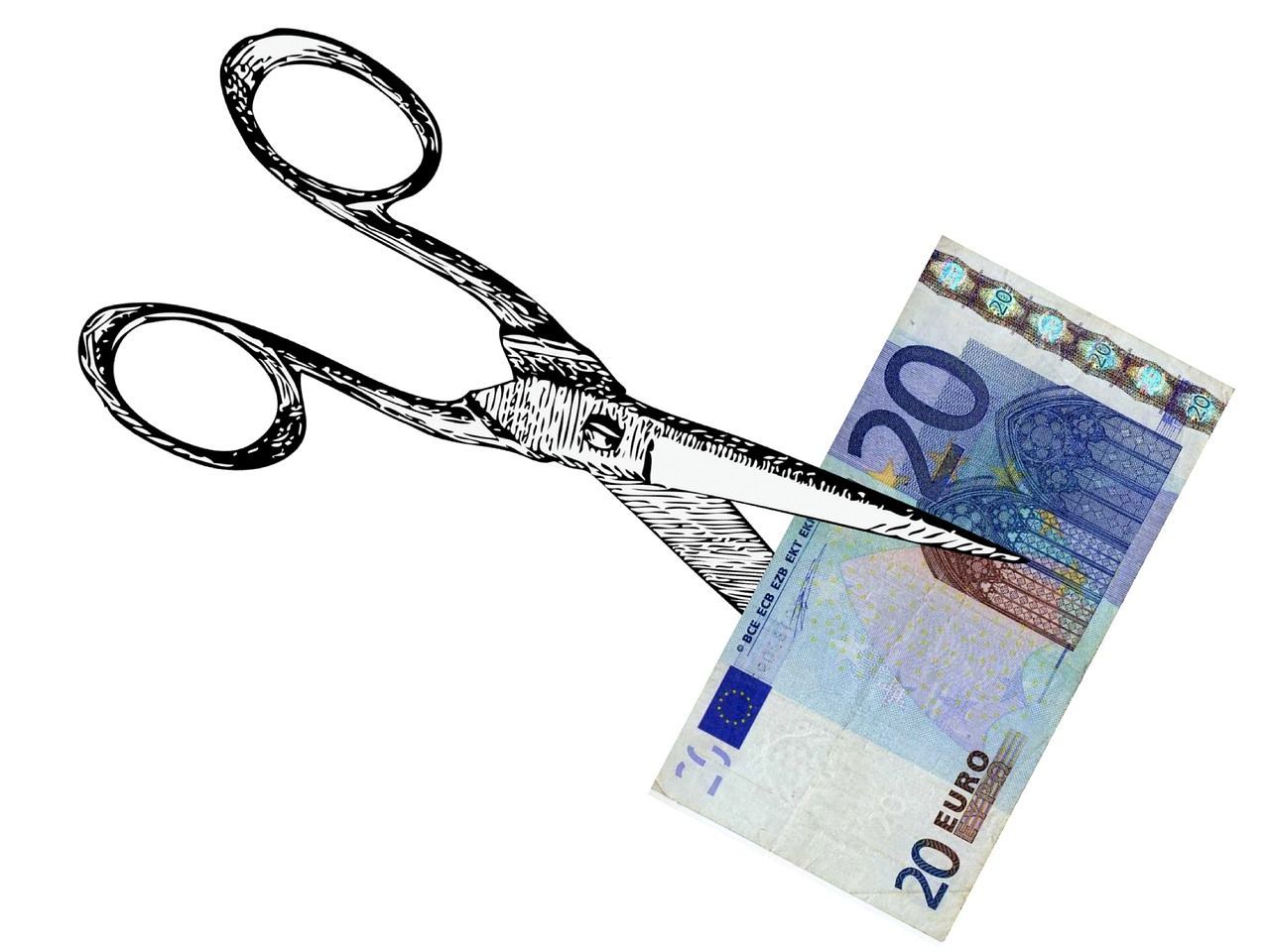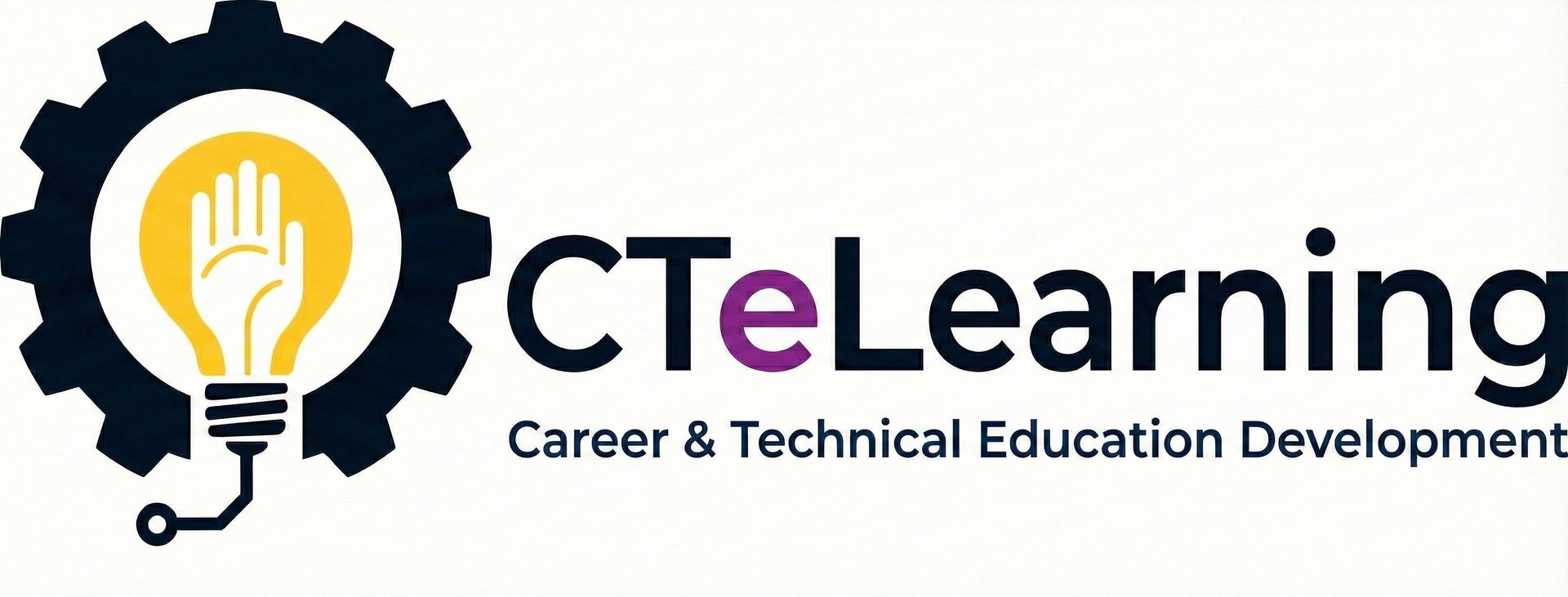Blog
5 Benefits Of Blockchain Technology
Blockchain technology, to many people, is admittedly a lot more promising than the cryptocurrency it was designed to support. Its benefits are big enough and have shown great promise in sustaining its relevance for many years to come.
Tracing its origins from the money cataclysm of 2008 , blockchain, at its heart, can be considered an a defiant disdain from the central authoritative management. This essentially provides a sub-urbanized network of self-regulation and compliance.
But the servant has gradually become the master, giving businesses edges that were never envisioned during its conception.
The Rise of Blockchain Technology
Across the different worldwide supply chains, governments, financial services, insurance , healthcare, and other industry and innovators are increasingly exploring more ways to utilize blockchain in an effort to disrupt and transform conventional business models.
In fact, there are many industry leaders who’ve already achieved considerable business benefits from the blockchain technology. This includes enhanced security, greater transparency, increased efficiency and speed of transactions, improved traceability, along with reduce costs.
So what does this all mean in detail? Let’s talk about the benefits of blockchain technology below.
Benefits of Blockchain
1. Greater Transparency

The use of blockchain technology has allowed for more transparent transaction histories. Since blockchain is ideally a distributed ledger, all the participants in the network share the same documentation rather than individual copies.
The shared version of the documentation can only be updated through consensus, meaning that every participant must agree on it .
Changing a single transaction in a record would therefore require the collusion of the entire network to be successful. As such, the data contained on a blockchain is more transparent , consistent, and accurate compare to when it’s being handled in paper-heavy processes.
The data is also available to the entire network, or participant who have authorized access to it. Making changes to a single transaction is near-impossible without everyone being involved on the scheme!
2. Enhanced Security

Blockchain is more secure than the conventional record-keeping systems in a number of ways. Each transaction has to be agreed upon by the entire network before they are recorded. Once the transaction is approved, it’s immediately encrypted and linked to the previous transaction.
This, along with the fact that data is essentially stored across a network of computers rather than on a single serve makes it near impossible for hackers to interfere with the transaction data. Cyber security is an important career field and blockchain technology will help in it’s conquest to fight hackers.
As such, in any industry where the protection of sensitive data is vital, blockchain technology provides an opportunity to change how sensitive data is stored and shared. This will go a long way to help prevent unauthorized activity and fraud.
Keep in mind that some of the world’s largest organizations exist in soiled, centralized servers and data systems. These usually present a lucrative target for hackers and we’ve seen them be successful in breaching extremely large corporations .
While these organizations employ the best security, they are also being attacked by some of the best hackers from around the world. The decentralized nature of the blockchain helps to prevents this problem.
3. Improved Speed and Efficiency

When using paper-heavy, traditional processes, various transactions are typically time-consuming processes that are prone to human error . Plus, most of them often require third-party mediation to facilitate them.
Blockchain technology can streamline and automate these transactions, making the processes much more efficient and faster to complete. Since record-keeping is usually performed through a single digital ledger shared among the participants, there’s no need to reconcile multiple ledgers, meaning you end up with much less clutter.
Plus, when everyone has access to the same information, it’s easier to trust each other without having to include several intermediaries. As such, clearing and settlement processes will happen significantly quicker.
4. Better Traceability

For businesses that deal with products that exists in a complex supply chain, it can be quite difficult to trace a product back to its origin. Traditionally, the supply-chain management is reliant on a series of trusted relationships.
For example, you trust that your shipping partner will deliver your goods to an overseas merchant safely.
When the exchanges of goods are recorded within a blockchain, you’ll end up with an audit trail showing exactly where an item came from, as well as every stop it made on its way.
At the end of the supply chain, the provider can check the entire process when something goes wrong to see where the problem is.
With such historical data on your fingertips, it’s much easier to verify the authenticity of assets and to prevent fraud.
5. Minimized Costs

Reducing costs is a major priority for many businesses. With blockchain, you don’t need to involve as many middlemen or third-parties for supervision and guarantees because it doesn’t matter if you and your trading partners can trust each other.
Instead, you only need to have the blockchain and the data . You also won’t have to review long documentation in order to complete a transaction, since everyone will have access to one, immutable version of the same.
Recording transactions via the blockchain will also eliminate human error , thereby protecting the data from possible tampering. Each record is verified every time it is passed from one node of the blockchain to another.
In addition, along with the guaranteed accuracy of your records, the process ideally leaves a transparent audit trail.
On a foundational level, the entire accounting process can become a lot more efficient, as mentioned earlier. Instead of having to maintain separate records, businesses can choose to keep one, joint register. This would guarantee the integrity of the company’s financial information.
Our Final Word on Blockchain

Immutability, transparency, and disintermediation make blockchain technology ideal for many businesses, since blockchain removes the need for involving third-party participants while performing certain transaction.
The blockchain essentially eliminates the counterpart risks, reduces fees, and can withstand malicious attacks. It also empowers the participants and the users by providing them with more control over their data and transactions, while reducing the clutter and complications that often come about when operations are added to a single public ledger.
Blockchain technology presents opportunities that go beyond finance and banking. It can easily transform the conventional systems in different industries, increasing their efficiency, transparency, and cost-efficiency.
One of the many web technologies that we cover in our courses is on blockchain technology. This technology is vital to the future of careers, and we need students and teachers alike to be prepared for the impact it will have on society.
You can learn more about our web technologies courses and more by contacting us , or visiting our courses page .
Share To
Get in touch with us today!
You can book a demo directly using Calendly, call us directly at 913-764-4272 or 877-828-1216, or submit the form and we will reach out to you.
We look forward to helping you and your students.

Most Recent Posts





